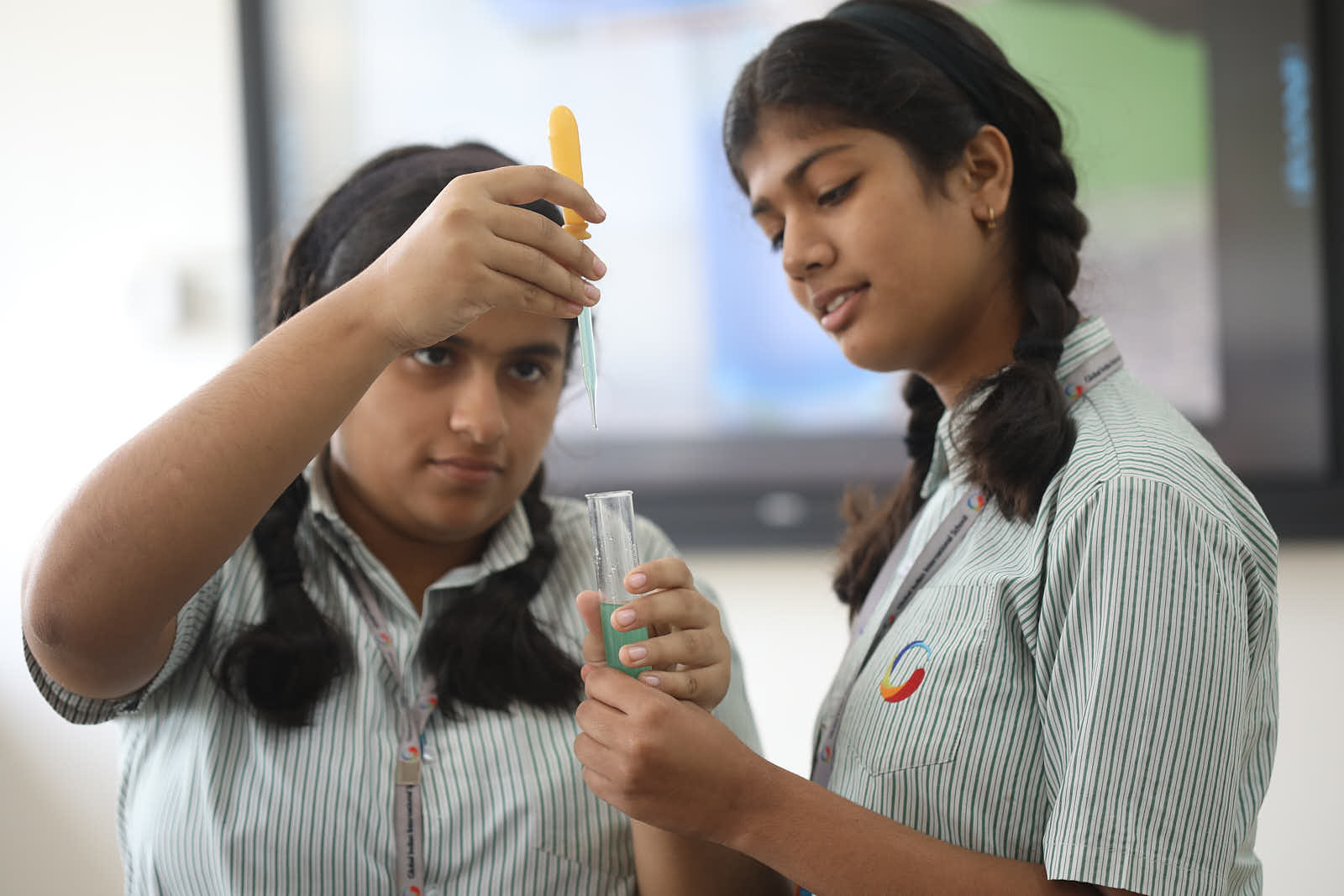Download our FREE Academic Calendar now! 📚 Start your child’s journey to success.
Kids ask a million questions. Any parent who’s ever raised kids knows they never stop. What’s more, most of them ask the same questions repeatedly every day. And while you may be tempted to simply stop answering them or distract them with the TV, it is not the right approach.
You’ll want to keep talking to your little ones instead. It’s one way to build and encourage their curiosity. With curiosity comes the thirst for knowledge, for finding answers, for learning new things. Kids who are naturally curious perform better at school and as adults because it drives them to ask questions and learn.
Let us look at some ways you could encourage and even motivate your children to stay curious.
Introduce Changes in Their Routine
Establishing a routine helps kids, especially these days. In the wake of the pandemic, established daily routines have made it easier for parents to develop a measure of control. It’s allowed children at kids’ preschool centres to transition to online classes with minimum fuss. However, introducing small changes like introducing a new game or learning app will also help them explore other ways of doing things, and that can spark their curiosity to the extent that they might ask: what else can I change? What else happens if you eat rice and dal instead of porridge and toast in the morning? What happens if they sit on your right side instead of the left side when asking questions? These changes can help your kids ask more questions, keeping their sense of curiosity alive and kicking.
Surprise Them
Positive surprises also improve your children’s curiosity. Try it by leaving a morning note under their pillow and sign it from a villain or character from their favourite storybook. Waking up with a note from Iron Man or Bal Ganesha is sure to get their curiosity going. You could also organize a treasure hunt for them when it’s time for a snack.
That will turn snack times into a fun challenge. You can also invite someone they like for lunch like their aunt, grandparents or someone else in the family. Don’t tell them who’s coming. That kind of good surprise helps build up their curiosity.
Kidnap Them for the Day
Maybe you had a lot of things planned this Saturday. Maybe you planned to stay at home and work some more on a side project while your kids worked on their project or watched cartoons or played games all day. It’s the same thing you’ve all done every weekend. To cultivate a sense of curiosity, consign those plans to oblivion.
Declare to your kids you are kidnapping them for the day and that means none of the usual interruptions will apply to your time together. Take them out in the garden for a picnic or buy their favourite ice cream and bring them to the park. Make sure you observe social distancing rules, but also let them have fun. That deviation from routine will make that memory stand out even more.
Every time they remember that day, they’ll remember the excitement and thrill of not knowing where you’ll take them, of being out on an adventure, of not knowing what the day and the future holds. It’s good practice for when they grow up. They’ll be happier if they never lose that sense of wonder about life.
Get them involved in the kitchen
Do your kids love cake? Then it might be a good exercise to teach them how to make one. With plenty of videos and tutorials online, you’ll more or less know how that process will go. If you aren’t an expert yourself, you might need to practice a few times before you rope your kids into doing this with you.
However, there is something to be said for doing something for the first time together. It’s an excellent bonding experience, and it also encourages their curiosity. How much flour is used? How many spoons of sugar are used? Why do you crush the sugar? Why can’t you use the microwave instead of the oven? These are just some of the questions that your kids will ask when their curiosity is aroused? They get to be part of the process, of mixing the ingredients, of decorating the cake.
The unusual textures and tastes, the smells of the cake, the transformation, the colours and more-these all make this activity incredibly exciting for your little ones. By the time the cake is done, they will probably be jumping for joy. This will also help introduce them to the process of baking and familiarize them with the different baking ingredients. Who knows? One or both of your kids might have a talent for whipping up baked goodies in the kitchen. This session might spark a lifelong love for and love affair with sweets.
Tell Open-Ended Stories
Reading a tale before bedtime is good practice to expand your children’s vocabulary, nurture a love of reading, and make them believe in the power of stories to bring magic to their lives. But one way to make those stories even more fun is to use open endings. That will get your kids into thinking about what happens next. What happens to the characters? That will encourage them to think about the story, to come up with a new ending-maybe even a better one-and to be creative.
That’s all for a healthy amount of curiosity. You could also mix up the stories. One minute you’re telling a story about how Cinderella needs to go to a ball but what happens if she meets someone named Jack who seems to have magic beans? That question is bound to open up a lot of fun speculation.
Answer Their Questions
We’ve already covered this but it bears repeating. Because at some point, your kids will keep asking questions. Try to be patient. Try to answer each one as best as you can even when you’ve tried, you’re chasing after deadlines, and you have a headache waiting in the wings. And when you answer, make sure you carefully consider their question.
If they ask you what you’re doing, and you say you’re working, that might not exactly be what they want to know. You can show them charts, and they could find the various colours attractive.But, always answer their question. Because that gives them the courage and security to know that being curious is okay. It is encouraged. Instead, take the lead from their question and move on to the next question.
Another important thing is knowing what’s really behind the question, understanding the reason they ask, will help you provide the answers they want to hear. That’s why it’s important that you listen to your kids actively. Know them so well that even when they ask an innocent question, you can still hear what they really mean.
Encourage Questions
An extension of the above tip. Normalize asking questions at home. Encourage them to ask you and seek you out if there’s anything they don’t understand in their books or lessons, or generally about anything else that piques their curiosity. Let them know that it’s okay to ask questions.
Even when you’re busy, make sure they understand that you are busy but it doesn’t mean that you don’t care. If you really can’t answer the question right away, then do so after that. That will leave the impression on your kids that you’ll always try to answer any question they ask.
Do you have more strategies to cultivate their curiosity? Add them to this list. Updating this list with tried and tested suggestions on how to spark curiosity in your children will help you determine which ones work best for your little ones.


 Bannerghatta Campus
Bannerghatta Campus





































